- IDP China>
- 课程库>
- 医学与健康>
- 健康、医学和兽医研究>
- 其他健康专业课程>
- Bachelor of Science and Master of Nutrition and Dietetics - Nutrition Science
理学学士和营养与饮食学硕士-营养科学
Bachelor of Science and Master of Nutrition and Dietetics - Nutrition Science

学历文凭
Dual Degree

专业院系

开学时间

课程时长

课程学费

国际学生入学条件
IDP—雅思考试联合主办方

雅思考试总分
- 雅思总分:
- 托福网考总分:
- 托福笔试总分:
- 其他语言考试:
CRICOS代码: 069875A
申请截止日期: 请与IDP联系 以获取详细信息。
课程简介
With a solid foundation in science plus a two-year master's degree, the five-year Bachelor of Science and Master of Nutrition and Dietetics provides the training you need to launch straight into a career in nutrition and dietetics. For the first time ever, there are more overfed people in the world than underfed people. Statistics such as these are driving our need to train professionals who can help create healthier communities. Your degree will give you access to eminent dietitians and scientists at the cutting edge of dietetics, nutrition and medical research and practice. Join the most highly regarded and longest running program in nutrition and dietetics in Australia (50 years in 2017). Our program is research-driven to ensure you gain exposure to the latest developments and advances in evidence-based dietetics, the science of nutrition, and community and public health nutrition. Our nutrition science course is distinct among Australian universities: we offer a strong life sciences approach, allowing you to pursue postgraduate research in nutrition or diversify to include specialisations in both human and animal nutrition. During the Bachelor of Science, you will study biochemistry, molecular biology and human physiology, which are necessary prerequisites for the Master of Nutrition and Dietetics. You will also complete a major in nutrition science. In the Master of Nutrition and Dietetics, your first year will consist of a series of lectures, tutorials and practical classes introducing you to nutritional science, clinical nutrition and dietetics, public health nutrition and more. In your second year, you will participate in hands-on clinical training, and complete a nutrition research project. You will graduate with a solid knowledge of nutritional science and the expertise to pursue a career as a dietitian in a range of professional settings, in nutrition and nutritional research, and other health-related disciplines.Nutrition Science is a multidisciplinary area of study that covers the role of food and nutrients in health and disease, across the lifespan. You will explore the basics of biology and biochemistry before focusing on human nutrition. You will have opportunity to investigate nutrition and the effects of nutrients on health and disease from the molecular to the systems level. You will learn how we sense, digest, metabolise and store nutrients and a develop a wide range of laboratory and research skills, including working with big data sets, which will provide a strong foundation for a career as a nutrition scientist, a research pathway, or, with additional pre-requisites, entry to the Master of Nutrition and Dietetics program.A major in nutrition and metabolism can open the door to further study in this area. You may wish to consider completing an honours year in nutrition and metabolism, or applying for entry to the Master of Nutriton and Dietetics, which is accredited by the Dietitians Association of Australia (DAA). Graduates with a specialisation in nutrition and metabolism may be able to apply for positions in: hospitals; community health centres and area health services; private practice; sports nutrition; food industry; advertising; consulting; non-government organisations; public service (allied health professionals); academia (lecturer or research scientist in nutrition).
相关申请
 预科
预科 奖学金
奖学金 实习机会
实习机会 在校学习
在校学习 跨境学习
跨境学习 校园授课-线上开始
校园授课-线上开始 在线/远程学习
在线/远程学习
开学时间&学费
学费信息仅供参考,请与IDP联系以获取详细信息
| 开学时间 | 时长 | 学费 | 地点 |
|---|
学校排名

世界排名60
数据源:
泰晤士高等教育世界大学排名
关于悉尼大学

位于澳大利亚首都的悉尼大学是举世闻名的机构,一直名列世界前20名大学之列(2024年QS世界大学排名)。在2022年QS毕业生就业能力排名中,悉尼大学的毕业生也位居澳大利亚第一和世界第四。来自世界各地的学生进行本科和研究生水平的学习。学生可以在澳大利亚最广泛的课程和学科中选择。该大学提供超过400个学习领域供学生选择,大学5门学科位居世界前十名,另外还有28门学科位居世界前50名(2022年QS世界大学学科排名)。通过实习和工作经验以及通过大学海外项目进行国际交换(包含在学位内的可选项目),从而增加了学生的就业机会。学生将在支持和启发的环境中学习和发展,大学会提供给学生大量的服务,这包括学术和专业支持,残疾服务,保密咨询服务,健康服务还有财务援助办公室提供服务。学生还可以参加由悉尼大学学生会(USU)运营的250多个校园俱乐部和社团,从体育运动到文化团体应有尽有。校园内有许多可供学生使用的设施,其中包括带奥林匹克规格温水游泳池的健身室和攀岩中心。此外,还有美术馆、博物馆、咖啡馆、餐厅和酒吧供学生休闲。学生还可以使用南半球最大的学术图书馆。悉尼是世界上最优秀的城市,根据《经济学人》2021年安全城市指数显示,悉尼被评为第四大最安全的居住地,当地的学生体验得以丰富和提升。
本校相关课程

Graduate Certificate in Clinical Dentistry - Advanced Restorative
学历文凭
Graduate Certificate
开学日期
课程费用总额

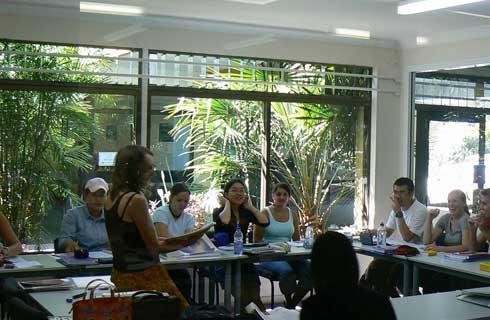
Graduate Diploma in Clinical Dentistry - Advanced Restorative
学历文凭
Graduate Diploma
开学日期
课程费用总额


城市和区域规划研究生文凭
学历文凭
Graduate Diploma
开学日期
课程费用总额


教育硕士
学历文凭
Masters Degree (Coursework)
开学日期
课程费用总额

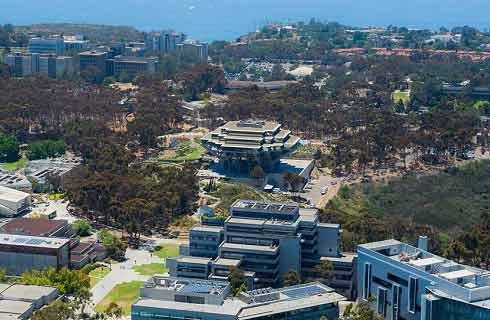
专业工程学硕士(电力)
学历文凭
Masters Degree (Coursework)
开学日期
课程费用总额

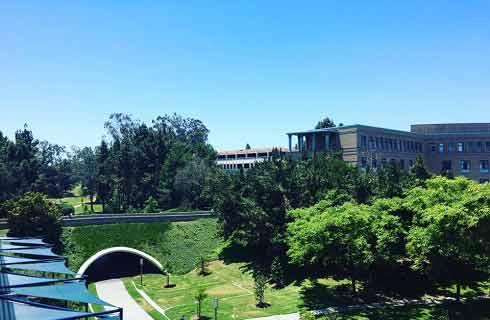
专业工程学硕士(电信)
学历文凭
Masters Degree (Coursework)
开学日期
课程费用总额

其他相关课程

卫生专业教育硕士-研究重点
 西澳大学
西澳大学学历文凭
Masters Degree (Coursework)
开学日期
课程费用总额


卫生研究研究生文凭
 堪培拉大学
堪培拉大学泰晤士高等教育世界大学排名:470
学历文凭
Graduate Diploma
开学日期
课程费用总额


营养科学研究生文凭
 堪培拉大学
堪培拉大学泰晤士高等教育世界大学排名:470
学历文凭
Graduate Diploma
开学日期
课程费用总额

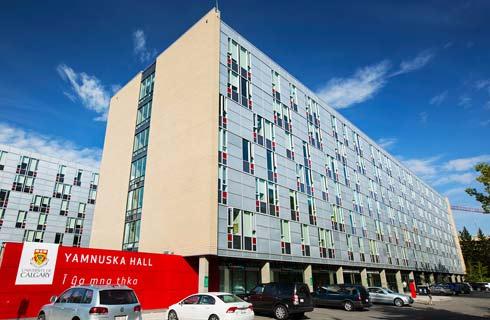
公共卫生学(营养学)(荣誉学位)
 伍伦贡大学
伍伦贡大学泰晤士高等教育世界大学排名:247
学历文凭
Bachelor Degree with Honours
开学日期
课程费用总额


医学和健康科学学士学位(荣誉学位)
 伍伦贡大学
伍伦贡大学泰晤士高等教育世界大学排名:247
学历文凭
Bachelor Degree with Honours
开学日期
课程费用总额

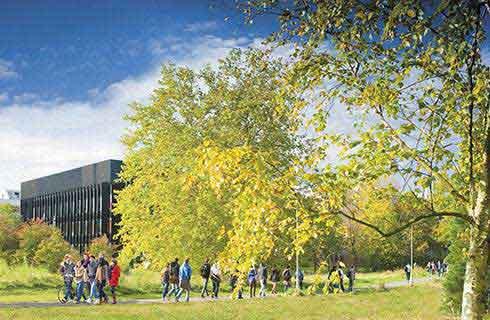
健康科学学士(荣誉学位)
 迪肯大学
迪肯大学泰晤士高等教育世界大学排名:206
学历文凭
Bachelor Degree with Honours
开学日期
课程费用总额










